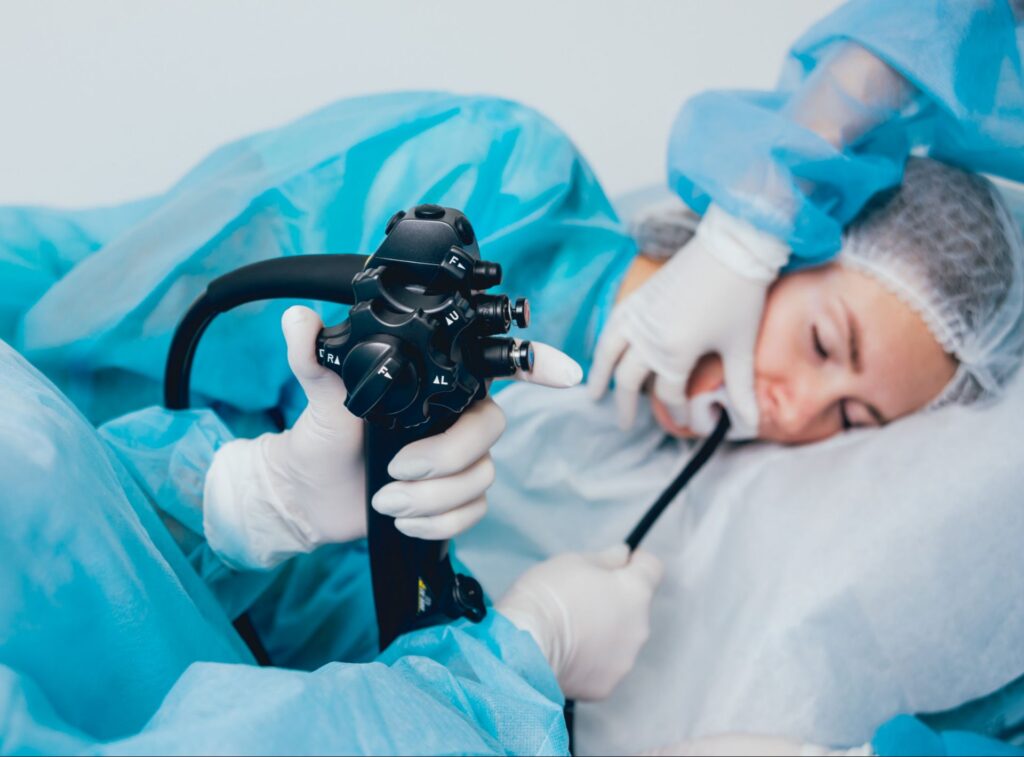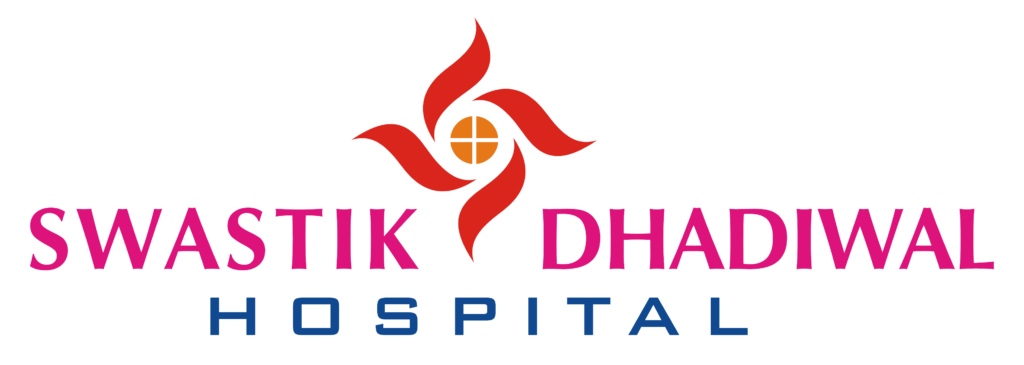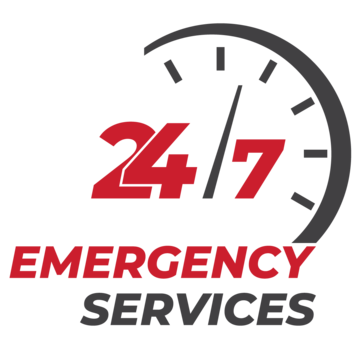Endoscopy in Nashik

Endoscopy
A precise diagnosis is the foundation for successful treatment. Our center offers advanced Endoscopy in Nashik to help detect and treat various digestive system disorders with precision and care. Endoscopy is a minimally invasive procedure that allows doctors to view internal organs and diagnose conditions affecting the stomach, intestines, and other parts of the digestive tract.
What is Endoscopy?
Endoscopy is a diagnostic procedure that uses a thin, flexible tube called an endoscope, equipped with a camera and light, to examine the inside of the body. It helps doctors detect abnormalities like ulcers, inflammation, bleeding, or tumors without requiring major surgery.
Key Functions
- Accurate Diagnosis: Identifies internal issues that cannot be detected through imaging tests.
- Minimally Invasive: Provides real-time visualization with minimal discomfort.
- Therapeutic Uses: Helps in treating certain conditions such as removing polyps or stopping internal bleeding.
- Quick Recovery: Most patients can return home the same day.
Types of Endoscopy
1. Upper GI Endoscopy (Gastroscopy)
It is performed to evaluate the esophagus, stomach, and upper section of the small intestine.
Common Reasons: Heartburn, acid reflux, ulcers, difficulty swallowing, and vomiting blood.
2. Colonoscopy
Examines the large intestine (colon) to detect polyps, tumors, or bleeding sources.
Common Reasons: Chronic diarrhea, rectal bleeding, constipation, or screening for colon cancer.
3. Sigmoidoscopy
Focuses on the lower part of the colon to detect inflammation or tumors.
4. ERCP (Endoscopic Retrograde Cholangiopancreatography)
A specialized procedure to diagnose and treat bile duct or pancreatic duct disorders such as stones or blockages.
5. Endoscopic Ultrasound (EUS)
Combines ultrasound and endoscopy for detailed imaging of digestive organs and surrounding tissues.
Why Choose Our Endoscopy in Nashik
- Experienced Specialists: Performed by skilled gastroenterologists and surgeons.
- Advanced Equipment: High-definition endoscopes for accurate diagnosis.
- Safe & Comfortable: Conducted under mild sedation for patient comfort.
- Comprehensive Care: From diagnosis to treatment and follow-up, all under one roof.
- Quick Reporting: Fast and reliable results to plan further treatment effectively.
Our goal is to provide safe, precise, and patient-friendly Endoscopy in Nashik for both diagnostic and therapeutic needs.
When is Endoscopy Recommended?
Your doctor may recommend endoscopy if you experience:
- Persistent abdominal pain or bloating
- Heartburn or acid reflux
- Difficulty swallowing
- Unexplained vomiting or bleeding
- Changes in bowel habits
- Suspected ulcers or tumors
Preparation for Endoscopy
- Do not eat or drink anything 6–8 hours before the procedure.
- Inform your doctor about any medications or allergies.
- You may need someone to accompany you as mild sedation is used.
Proper preparation ensures clear visibility and accurate results during the test.
After the Procedure
- You may feel mild throat irritation or bloating for a short time.
- Rest for a few hours after the procedure.
- Resume normal diet as advised by your doctor.
- Results are usually discussed the same day or shared in the report.
Training and Expertise
Our team of doctors and technicians performing Endoscopy in Nashik are trained in the latest gastroenterology and minimally invasive techniques. Their expertise ensures accurate diagnosis, safe procedures, and excellent patient care.
Frequently Asked Questions (FAQ):
No. The procedure is usually performed under mild sedation or local anesthesia, ensuring minimal discomfort.
An upper GI endoscopy typically takes 15–30 minutes, while colonoscopy may take 30–45 minutes depending on the condition.
Yes. Most endoscopies are outpatient procedures, and you can go home a few hours after completion.
Endoscopy helps diagnose ulcers, inflammation, polyps, tumors, bleeding, infections, and digestive disorders.
Avoid food and drinks 6–8 hours before the test. Follow all instructions given by your doctor for the best results.
Endoscopy is a very safe procedure when performed by trained specialists. Minor side effects like temporary throat discomfort or bloating may occur but usually subside quickly.
If you experience ongoing digestive issues such as acidity, pain, blood in stool, or difficulty swallowing, consult a specialist for evaluation.

